Sleep and Rest: The Pillars of Health and Wellbeing
Sleep and rest are fundamental to our health, affecting everything from our physical health to our mental well-being. Despite their importance, many people struggle to get enough sleep or rest, often prioritizing other aspects of life over these essential needs. This article will explore the science behind sleep and rest, the benefits they provide, and practical tips to improve both.
The Science of Sleep and Rest
Sleep is a complex biological process essential for the maintenance of health and well-being. It is not just a period of inactivity but rather a dynamic state where the brain and body undergo essential restorative processes.
The Stages of Sleep
Sleep is divided into two main types: Rapid Eye Movement (REM) sleep and Non-Rapid Eye Movement (NREM) sleep. NREM sleep is further broken down into three stages:
- Stage 1 (N1): This is the lightest stage of sleep, where you drift in and out of sleep and can be easily awakened. During this stage, the body begins to relax, and brain waves start to slow down.
- Stage 2 (N2): This stage constitutes about 50% of your total sleep cycle. During this period, your body temperature drops, and your heart rate begins to slow. Brain waves continue to slow with occasional bursts of rapid activity known as sleep spindles.
- Stage 3 (N3): Also known as deep sleep or slow-wave sleep, this is the most restorative stage of sleep. It is crucial for physical repair, growth, and immune function. Waking up during this stage can leave you feeling groggy and disoriented.
REM sleep is characterized by rapid eye movements, increased brain activity, and vivid dreaming. This stage is essential for cognitive functions such as memory consolidation, learning, and emotional regulation.
The Sleep Cycle
A complete sleep cycle typically lasts about 90 minutes and includes all stages of NREM sleep followed by REM sleep. Throughout the night, the body cycles through these stages multiple times. Early in the night, NREM sleep dominates, but as the night progresses, REM sleep periods become longer, emphasizing its role in mental restoration.
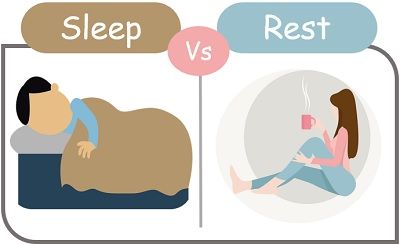
The Importance of Sleep
Adequate sleep is vital for numerous bodily functions, from physical health to cognitive performance. Here are some of the critical benefits of getting enough sleep:
Physical Health
- Immune Function: Sleep plays a crucial role in bolstering the immune system. During sleep, the body produces cytokines, proteins that help fight infection, inflammation, and stress. Lack of sleep can weaken the immune response, making you more susceptible to illnesses.
- Cardiovascular Health: Poor sleep has been linked to an increased risk of cardiovascular diseases such as hypertension, heart disease, and stroke. Sleep helps regulate blood pressure and inflammation, essential for maintaining heart health.
- Weight Management: Sleep is closely linked to appetite regulation. Sleep deprivation can disrupt the balance of hormones that control hunger, leading to increased appetite and potential weight gain. Moreover, inadequate sleep reduces motivation to engage in physical activity, further exacerbating weight issues.
- Metabolic Function: During sleep, the body works to regulate metabolism, including glucose metabolism and insulin sensitivity. Chronic sleep deprivation can increase the risk of developing metabolic disorders such as type 2 diabetes.
Mental Health
- Cognitive Function: Sleep is critical for cognitive processes, including attention, learning, memory, and problem-solving. During REM sleep, the brain processes and consolidates memories from the day, enhancing learning and recall.
- Emotional Regulation: Sleep helps regulate mood and emotional responses. Lack of sleep can lead to irritability, mood swings, and an increased risk of mental health disorders such as depression and anxiety.
- Mental Clarity: Sufficient sleep ensures mental clarity and focus, allowing you to perform at your best. Sleep deprivation, on the other hand, can lead to impaired judgment, decision-making, and reaction times.
Understanding Rest
While sleep is essential, rest is a broader concept that includes both physical and mental relaxation. Rest can be both active and passive and is crucial for maintaining overall well-being.
Types of Rest
- Physical Rest: This includes sleep and activities that relax the body, such as stretching, yoga, or simply lying down. Physical rest helps repair muscles, restore energy levels, and reduce physical stress.
- Mental Rest: Mental rest involves taking breaks from cognitive activities that require intense focus or concentration. It can be as simple as stepping away from work, meditating, or engaging in a hobby. Mental rest is vital for preventing burnout and maintaining mental clarity.
- Emotional Rest: Emotional rest involves giving yourself a break from emotional stressors. This could mean setting boundaries in relationships, seeking support from loved ones, or engaging in activities that bring joy and fulfilment.
- Social Rest: Social rest refers to taking a break from social interactions that drain your energy. This might involve spending time alone or with close friends who don’t require emotional effort. Social rest is crucial for introverts who need time alone to recharge.
- Sensory Rest: Sensory rest involves reducing sensory input, such as bright lights, loud noises, or screen time. This can be achieved by closing your eyes, dimming lights, or spending time in a quiet environment.
The Benefits of Rest
Rest, in its various forms, is essential for maintaining balance and well-being. Here are some of the benefits of incorporating rest into your daily routine:
- Reduced Stress: Regular rest helps lower stress levels by allowing the body and mind to recover from daily pressures. This can lead to improved mood, better concentration, and overall mental health.
- Enhanced Creativity: Resting the mind allows for a mental reset, which can enhance creativity and problem-solving abilities. Taking breaks during work or engaging in relaxing activities can lead to fresh perspectives and innovative ideas.
- Improved Physical Health: Resting the body helps reduce muscle tension, alleviate pain, and promote healing. This is particularly important for athletes or individuals with physically demanding jobs.
- Better Sleep: Incorporating rest into your routine can improve sleep quality by reducing stress and promoting relaxation. Engaging in restful activities before bed can signal to your body that it’s time to wind down, making it easier to fall asleep.
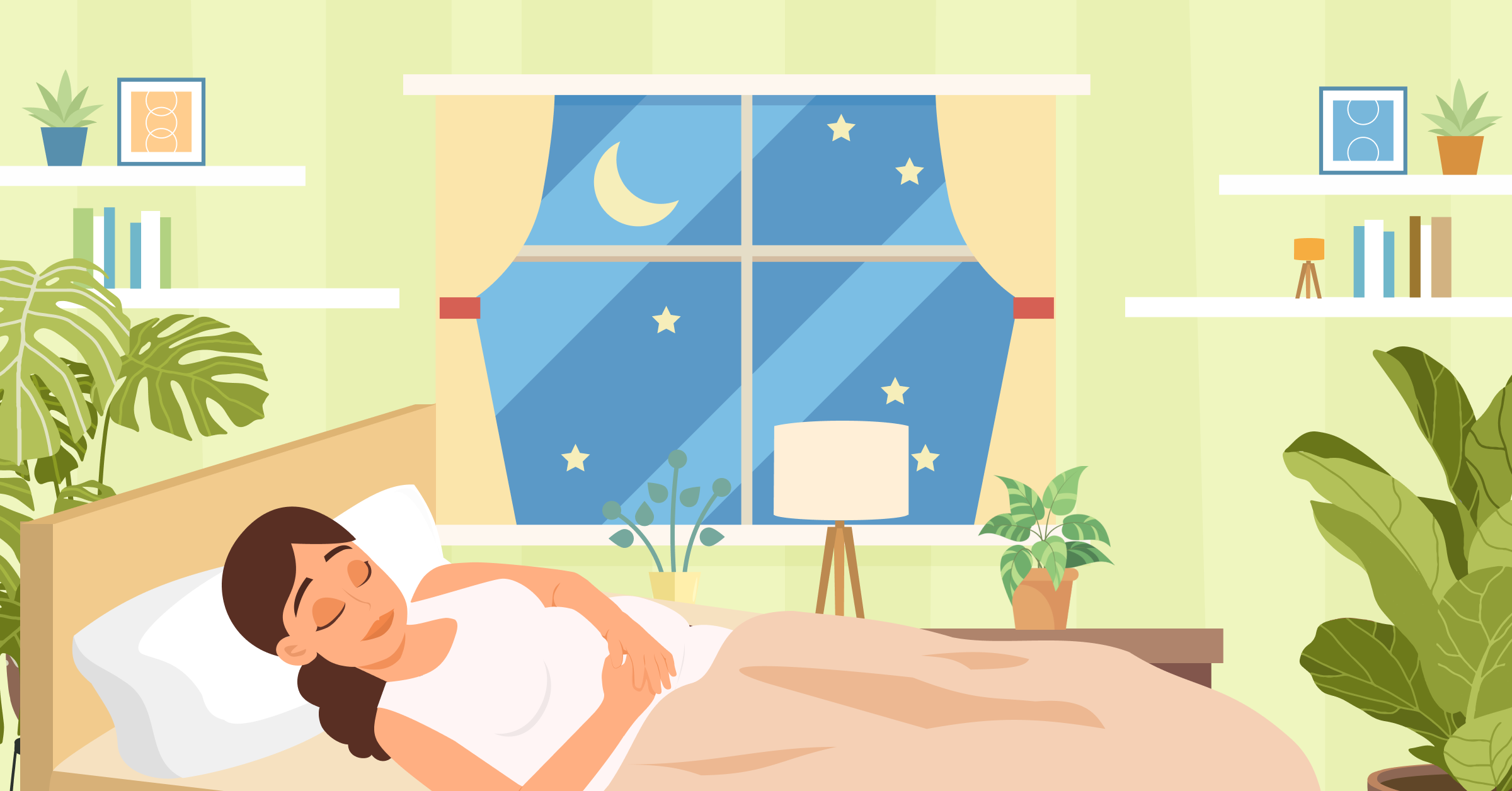
The Consequences of Sleep and Rest Deprivation
Both sleep and rest are essential for overall health, and deprivation of either can have significant consequences.
Short-Term Effects
- Cognitive Impairment: Lack of sleep and rest can lead to difficulties with concentration, memory, and decision-making. You may find it harder to focus, solve problems, or retain information.
- Mood Changes: Sleep and rest deprivation can lead to irritability, mood swings, and increased emotional reactivity. You may feel more stressed, anxious, or depressed.
- Physical Symptoms: Short-term sleep and rest deprivation can result in physical symptoms such as headaches, fatigue, muscle aches, and a weakened immune system.
Long-Term Effects
- Chronic Health Conditions: Prolonged sleep and rest deprivation can increase the risk of developing chronic health conditions such as cardiovascular disease, diabetes, obesity, and mental health disorders.
- Decreased Cognitive Function: Long-term lack of sleep and rest can lead to cognitive decline, affecting memory, learning, and overall brain function.
- Increased Risk of Accidents: Sleep deprivation is a significant risk factor for accidents, both on the road and at work. Impaired judgment and slower reaction times can lead to dangerous situations.
- Reduced Quality of Life: Chronic sleep and rest deprivation can lead to a reduced quality of life, affecting your ability to enjoy daily activities, maintain relationships, and perform well at work or school.
Practical Tips for Improving Sleep and Rest
Improving your sleep and rest requires a combination of lifestyle changes and the establishment of healthy habits. Here are some practical tips to help you get better sleep and rest:
Establish a Consistent Sleep Routine
- Set a Regular Bedtime: Going to bed and waking up at the same time every day helps regulate your body’s internal clock, making it easier to fall asleep and wake up.
- Create a Relaxing Bedtime Ritual: Engage in calming activities before bed, such as reading, taking a warm bath, or practising relaxation techniques like deep breathing or meditation.
- Limit Screen Time: The blue light emitted by phones, tablets, and computers can interfere with your body’s production of melatonin, a hormone that regulates sleep. Try to avoid screens for at least an hour before bed.
Optimize Your Sleep Environment
- Create a Comfortable Sleep Space: Make sure your bedroom is conducive to sleep by keeping it cool, quiet, and dark. Invest in a comfortable mattress and pillows, and use blackout curtains or a sleep mask if necessary.
- Reduce Noise: If you live in a noisy environment, consider using earplugs, a white noise machine, or a fan to drown out disruptive sounds.
- Limit Caffeine and Alcohol: Both caffeine and alcohol can interfere with sleep. Try to avoid consuming them in the hours leading up to bedtime.
Prioritize Rest Throughout the Day
- Take Breaks: Incorporate short breaks into your workday to rest your mind and body. Even a few minutes of stretching, deep breathing, or stepping outside for fresh air can make a difference.
- Practice Mindfulness: Mindfulness techniques such as meditation or deep breathing can help you relax and reduce stress. Consider setting aside time each day to practice mindfulness.
- Engage in Relaxing Activities: Find activities that help you relax and unwind, such as reading, listening to music, or spending time in nature. Make time for these activities regularly.
Address Sleep Disorders
If you struggle with sleep despite following healthy sleep habits, you may have an underlying sleep disorder such as insomnia, sleep apnea, or restless legs syndrome. It’s important to seek medical advice if you suspect a sleep disorder. A healthcare professional can help diagnose and treat the condition, improving your overall sleep quality.

Embracing the Importance of Sleep and Rest
Sleep and rest are essential components of a healthy lifestyle, providing the foundation for physical, mental, and emotional well-being. Despite the demands of modern life, prioritizing sleep and rest is crucial for maintaining balance and preventing the adverse effects of sleep deprivation. By establishing healthy sleep habits, optimizing your sleep environment, and incorporating restful activities into your daily routine, you can improve your overall health and well-being. Remember, sleep and rest are not luxuries but necessities that deserve attention and care.
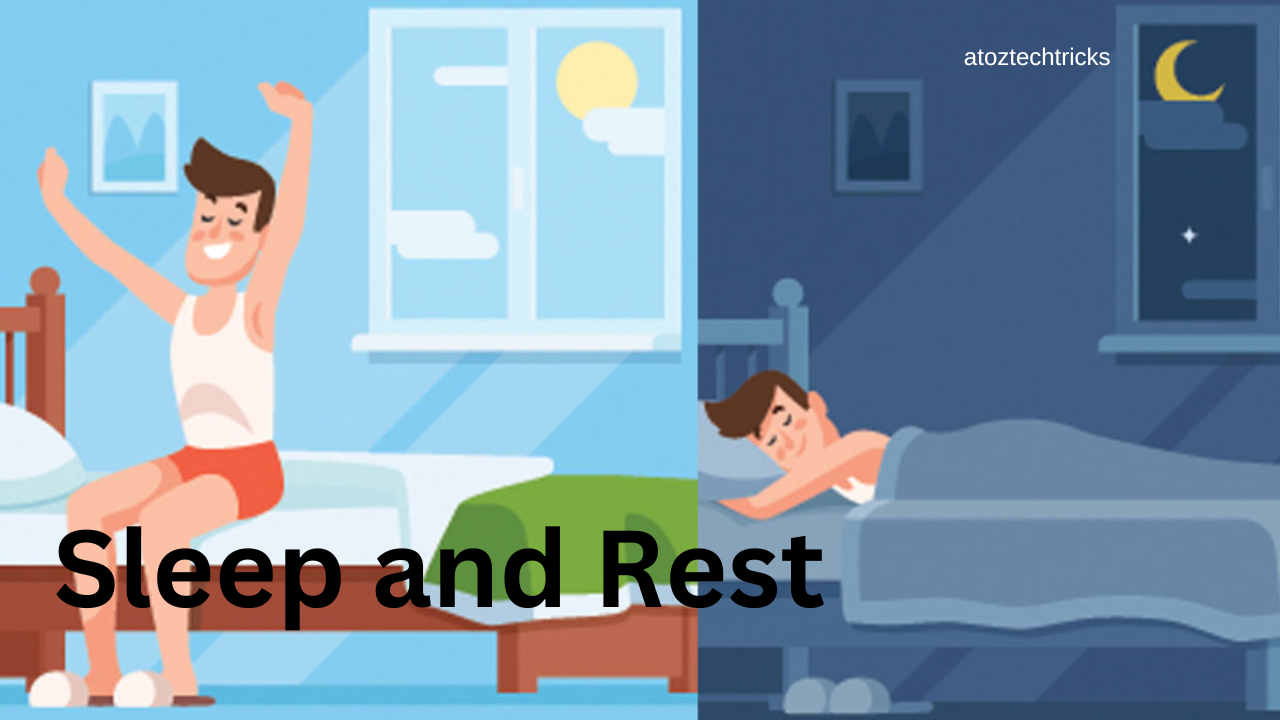
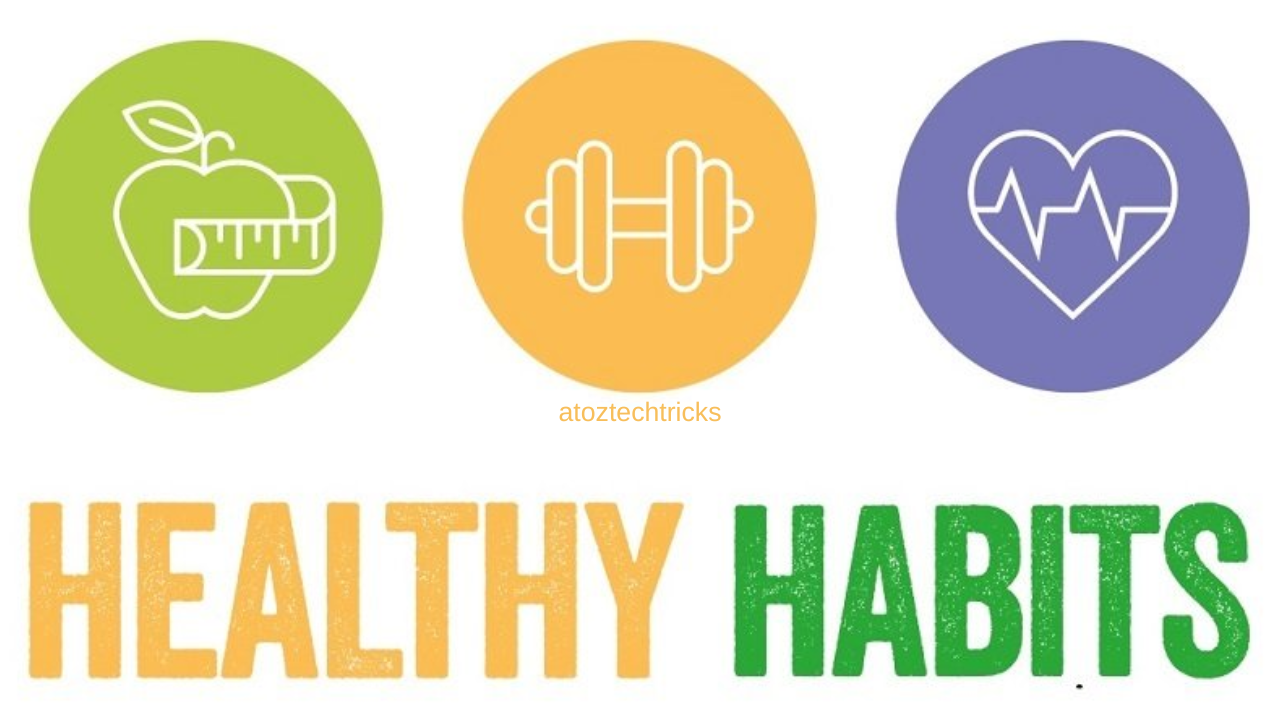

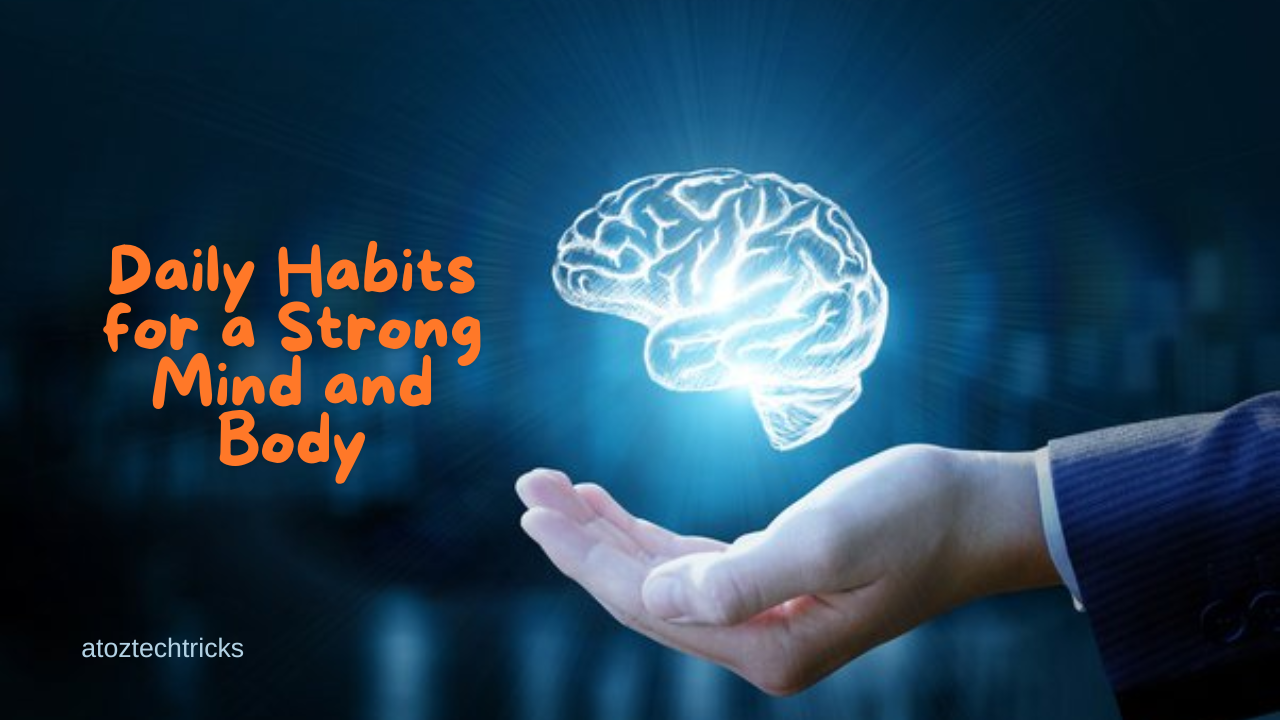
Post Comment